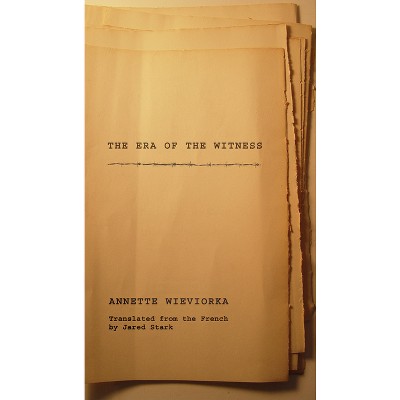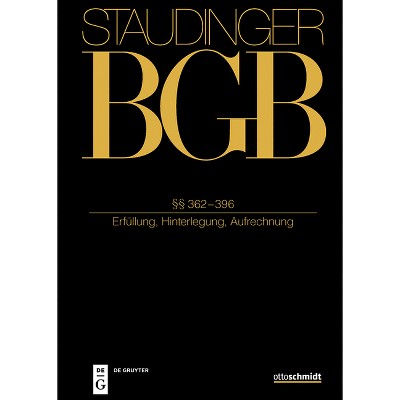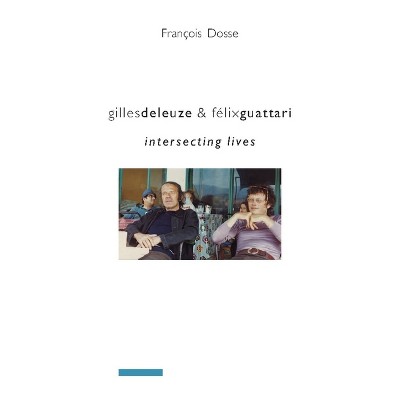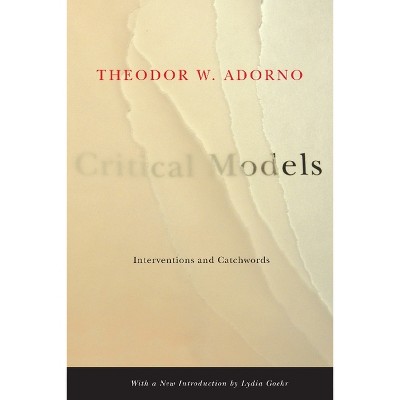Sponsored

Marine Lover of Friedrich Nietzsche - (European Perspectives S) by Luce Irigaray (Paperback)
In Stock
Sponsored
About this item
Highlights
- Published in France in 1980, Marine Lover is the first in a trilogy in which Luce Irigaray links the interrogation of the feminine in post-Hegelian philosophy with a pre-Socratic investigation of the elements.
- About the Author: Luce Irigaray (PhD, Linguistics, Philosophy, University of Paris VII, certification, Ecole Freudienne de Paris) is Director of Research in Philosophy at the Centre Nationale de la Recherche Scientifique.
- 176 Pages
- Biography + Autobiography, Philosophers
- Series Name: European Perspectives S
Description
About the Book
According to Irigaray, water is the element Nietzsche fears most. She uses this element in her narrative because for her there is a complex relationship between the feminine and the fluid. Irigaray's method is to engage in an amorous dialogue with the male philosopher. In this dialogue, she ruptures conventional discourse and writes in a lyrical style that defies distinction between theory, fiction, and philosophy.
Book Synopsis
Published in France in 1980, Marine Lover is the first in a trilogy in which Luce Irigaray links the interrogation of the feminine in post-Hegelian philosophy with a pre-Socratic investigation of the elements. Irigaray undertakes to interrogate Nietzche, the grandfather of poststructuralist philosophy, from the point of view of water.
According to Irigaray, water is the element Nietzsche fears most. She uses this element in her narrative because for her there is a complex relationship between the feminine and the fluid. Irigaray's method is to engage in an amorous dialogue with the male philosopher. In this dialogue, she ruptures conventional discourse and writes in a lyrical style that defies distinction between theory, fiction, and philosophy.From the Back Cover
In a bold reconceptualization of discourse, Irigaray interrogates Nietzsche, the grandfather of poststructuralist philosophy, from the point of view of water.According to Irigaray, water is the element Nietzsche fears most; as she sees it, a complex and controversial relationship exists between the feminine and the fluid. Engaging in an amorous dialogue with the male philosopher, she links the investigation of the feminine in post-Hegelian philosophy with a pre-Socratic investigation of the elements. Irigaray ruptures conventional discourse, writing in dialogue form in a lyrical style that defies distinctions among theory, fiction, and philosophy.Review Quotes
A major new phase in Irigarays continuing archaeology of the feminine in Western civilization. . . ."Marine Lover" constitutes her most powerful and sustained achievement since "Speculum."
About the Author
Luce Irigaray (PhD, Linguistics, Philosophy, University of Paris VII, certification, Ecole Freudienne de Paris) is Director of Research in Philosophy at the Centre Nationale de la Recherche Scientifique. Many of her works have been translated into English, including most notably An Ethics of Sexual Difference (Cornell, 1993), Between East and West (Columbia, 2002), Marine Lover of Friedrich Nietzsche (Columbia, 1991), Sexes and Genealogies (Columbia, 1993), Speculum of the Other Woman (Cornell, 1985), and This Sex Which Is Not One (Cornell, 1985).Shipping details
Return details
Trending Non-Fiction
















